It is much more complicated than “eat this” and “don’t eat that” when it comes to balancing hormones. We know that a healthy microbiome, stress management, insulin regulation and so much more goes into the acrobatic feats that hormones have to achieve in order to stay in balance. That being said there is good research on foods that contain nutrients known to boost certain pathways in the production and regulation of said hormones! You’ll see several categories have similar foods that support a variety of hormones…that’s a good place to start!
Symptoms of low estrogen:
- poor memory
- low libido
- short or light periods
- bladder infections
- bone loss
- achy joints
- night sweats
- anxiety or depression
- trouble sleeping
- painful sex
- mood swings
- infertility
- vaginal dryness
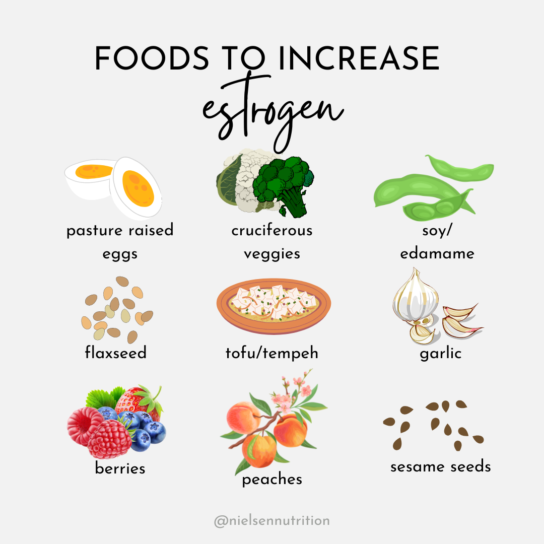
Symptoms of low progesterone:
- weight gain
- decreased sex drive, mood swings, and depression
- PMS, irregular menstrual cycle, heavy bleeding
- headaches / migraines
- breast tenderness, fibrocystic breasts
- fibroids
- gallbladder problems
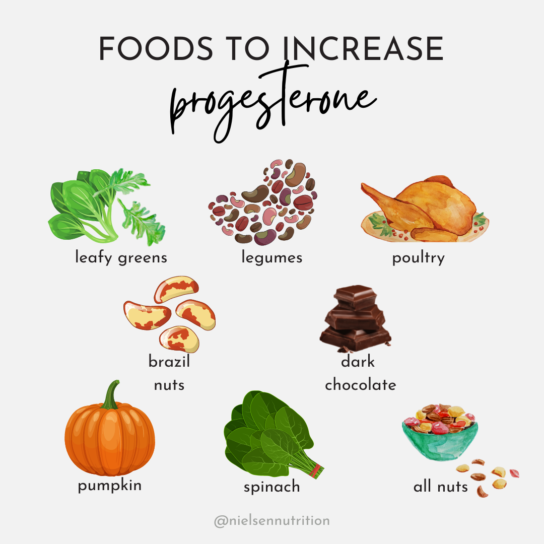
Symptoms of low testosterone:
- affected sexual desire
- affected sexual satisfaction
- depressed mood
- lethargy
- muscle weakness
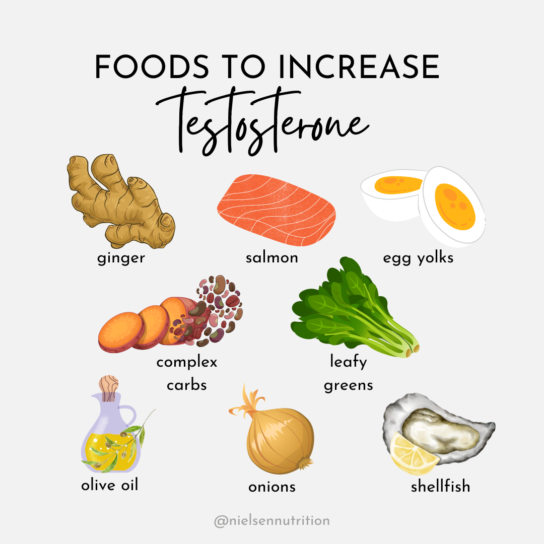
The microbiome and hormones.
For overall hormonal balance and to reduce the level of reabsorbed unbound (free) estrogen, it is critical to supplement the diet with the friendly bacteria. One of the ways in which the body eliminates excess estrogen as well as fat-soluble toxins like pesticides and solvents, is by binding the toxin to a molecule called glucuronic acid. This complex is then excreted in the bile. However, the bond between the toxin and its escort can be broken by the enzyme, glucuronidase, produced by certain bacteria. Excess glucuronidase activity means more of the toxins are liberated and reabsorbed.
Strains with beneficial hormone production: Lactobacillus helveticus, R0052 & Bifidobacterium, longum R0175Lactobacillus rhamnosus, GG & Bifidobacterium, lactis Bb12
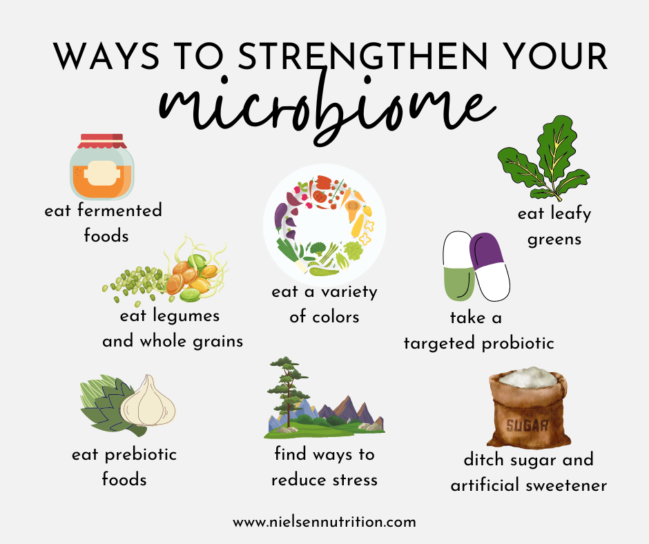

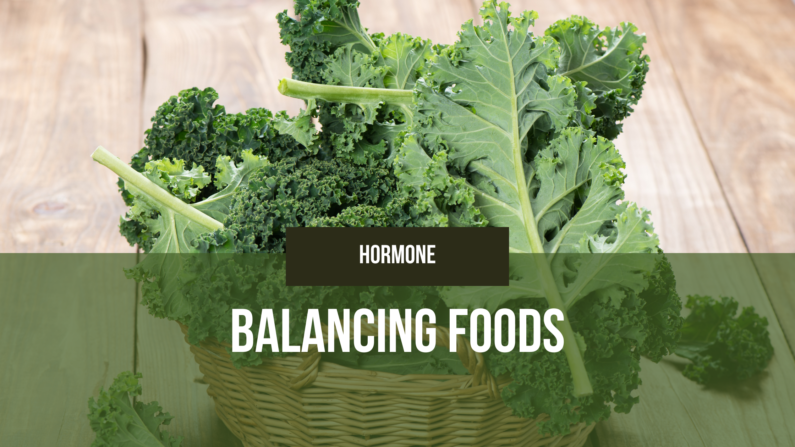
You are amazing. Thank you for this.
You’re so welcome! Happy to help.